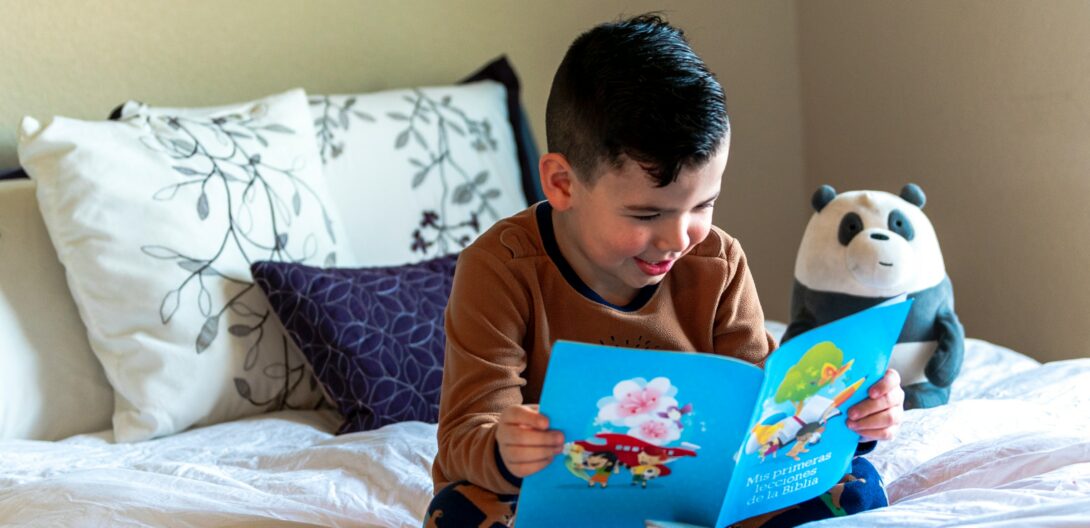What is kindergarten readiness and why is it so important? According to the National Center for Education Statistics, students enter kindergarten at different skills levels, which is natural given that children come from a variety of early childhood experiences, ranging from highly-skilled-focused pre-K programs, play-based preschools, Head Start, or no preschool at all. An average kindergarten class may have children with a five-year skill range in terms of reading ability, from children who don’t recognize letters or letter sounds to those who can read short books. This makes the kindergarten teacher’s job particularly challenging.hildc
While It is important to note that children do not need to be able to read before entering kindergarten, there are certain skills that make learning to read easier for a children entering school. One study (Snow, Burns, and Griffin 1998) on kindergarten readiness reports that before children can read, write, or calculate, they must acquire rudimentary skills that serve as stepping stones toward mastery of the more advanced and complex skills. For reading, these rudimentary skills include:
- Becoming familiar with the conventions of print (such as the English-language convention of reading from left to right and from top to bottom)
- Learning to recognize letters by name
- Associating sounds with letters or letter combinations
- Understanding the meaning of many spoken words and phrases
Homer was built from the ground up to help children gain these literacy skills and to motivate children to practice those skills. By combining the best research on how children learn to read with state-of-the art game design, the team at Learn with Homer created an effective learning and motivation tool to prepare children for kindergarten. The program’s focus on direct phonics instruction, general knowledge and vocabulary, as well as the vast library of e-books that cultivate a love of reading make it different from many light-touch skills apps. Children who are familiar with phonics upon entering kindergarten tend to advance more easily and quickly than those without.
Here are some additional key kindergarten readiness skills that make beginning kindergarten easier for children:
- Attentively listens to stories
- Recognizes rhyming words
- Speaks in complete sentences of five to six words
- Makes up stories from images or uses pictures as prompts
- Hears individual sounds in words
- Recognizes and names some letters in the alphabet
- Has an interest in books
- Recognizes some common words like “stop”
- Understands that words you can say can also be written using letters from the alphabet
- Count to ten
- Recognizes colors
“In the United States alone, two out of three children never learn to read well, even though a child’s reading level by third grade is the single biggest predictor of future success, bar none,” noted Stephanie Dua, CEO and founder of Learn With Homer. “We started Homer to give kids everywhere a better future. Our vision is to transform the academic trajectory of every child who uses our product. We were inspired to set a new standard and had our product tested by a leading researcher, the former U.S. assistant secretary of Education. The results were stunning: kids working alone with Learn With Homer for just 15 minutes a day over six weeks nearly doubled skills most predictive of later reading proficiency and increased reading abilities by 74 percent. That’s something we are incredibly proud of and know that any child entering kindergarten would benefit from this tried and true Homer Method.”
,


